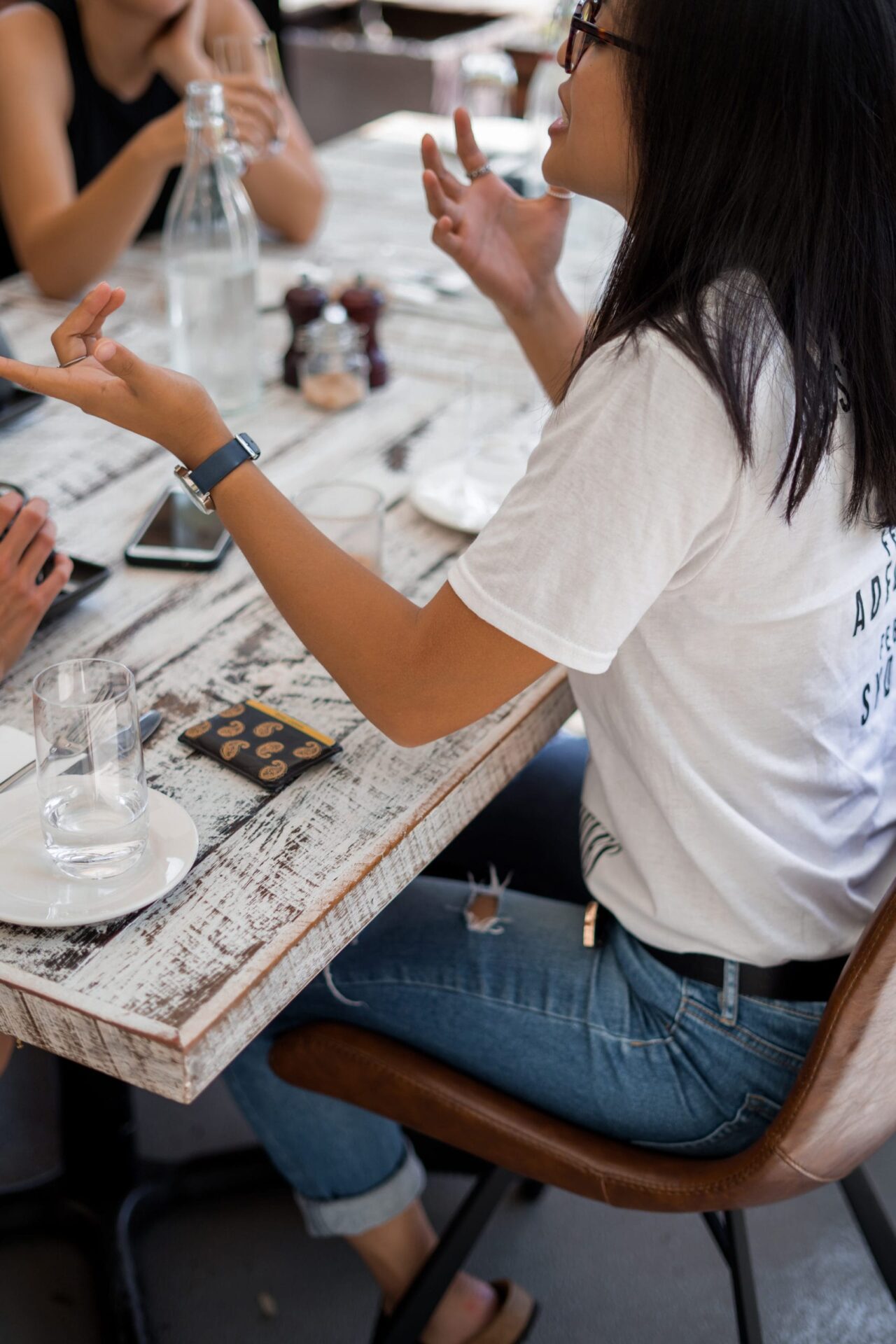
Politicians must find their nerve on sensible drug reform in Australia – not give in to moral panic
Will Tregoning
4.12.20
Reports the NSW government was considering removing penalties for personal drug use were met with the usual backlash.
On Wednesday night, Channel Seven news reported Gladys Berejiklian’s government was considering “decriminalising” drug use in New South Wales, following a leak from cabinet.
By Thursday morning the usual moral panic had set in. “Bunch of dopes” screamed the front page of Sydney’s Daily Telegraph. The deputy premier, John Barilaro, was on 2GB reassuring the ageing talkback demographic that the government would not go “soft on crime”. The premier swiftly ruled out decriminalisation, saying the government would maintain its “tough stance”.
And it wasn’t just the Liberal party fuelling the panic. The former Labor premier Kristina Keneally said she was “highly concerned” and recommended that the NSW government “slow down and listen to some experts.”
That off-the-cuff remark is ironic when the experts are already clear: decriminalisation makes sense.
What the NSW government was reportedly considering was not even the full decriminalisation of illegal drugs, but rather a ‘three strikes’ scheme where warnings and fines would be used prior to a person being charged for drug possession.
It’s a step that professor and senior counsel Dan Howard has encouraged the government to make in his comprehensive 1,000+page report from last year’s special inquiry into ice and drug use. He listened to communities and experts right across the state.
Howard’s recommendations included eliminating the offence of using and possessing prohibited drugs, and improving referrals into health and social services. Repeated social surveys with Australians have shown high levels of support for that sensible approach.
The government was reportedly considering something far less than that, but it would have been a step in the right direction if they’d held their nerve.
Criminalisation does not, on the whole, prevent people from taking drugs. But it does prevent the open and honest conversations that we need to have to manage drug use well. Removing the stigma of criminality opens up a space for a fresh conversation and a rational approach.
And a rational approach includes asking why we are saddling people with criminal records and even jailing them for taking drugs. NSW police even set targets for their officers to search more than 200,000 people across the state each year. Those targets aren’t popular with frontline officers, and they waste time that would be better spent on violent crime.
Part of a rational shift in drug policy is changing those police key performance indicators and freeing police up to focus on other issues, including the epidemic of domestic violence, which is one of the real blights on our society.
This is also imperative given our current approach to drugs disproportionately affects people of colour, and those who are young and poor.
A wealthy person in their 40s who uses cocaine and cannabis every now and then (while stockpiling a legal drug – fine wines – in their home) generally doesn’t have to worry about criminalisation or the threat of arrest – at least until their kids start attending music festivals.
At the heart of politics as usual when it comes to drug use is the fear of being seen to ‘normalise’ drugs. To basically admit something that cuts right to the heart of the issue. Drug use already is normal, and the difference between illegal and legal drugs is often based on politics, not on science or common sense.
Decriminalisation doesn’t mean a drug-use free-for-all. The reality is that prohibited drug use is also already normalised in the sense that most people who use prohibited drugs live otherwise normal lives. All sorts of different people, from politicians to tradies, use drugs. Drug use can be managed and managed well.
Of course, all the frantic backpedalling in NSW on any suggestion that a mainstream political party would ever consider decriminalising drugs may ultimately boil down to semantics. Hopefully, serious consideration is being given to removing criminal penalties for possessing drugs for personal use under another name.
But which ever way the government and the opposition want to spin the current conversation, the fact remains that until we are mature enough to have an honest conversation about drugs in Australia the least privileged in our society will continue to bear the cost.
Originally published by The Guardian here.
Image Credit:
Photo by Jessica Da Rosa on Unsplash
Sign up
Sign up for news and opportunities to get involved
We are working to make drug use legal and safe in Australia so that everyone has a better chance to lead a healthy and happy life. Join us.